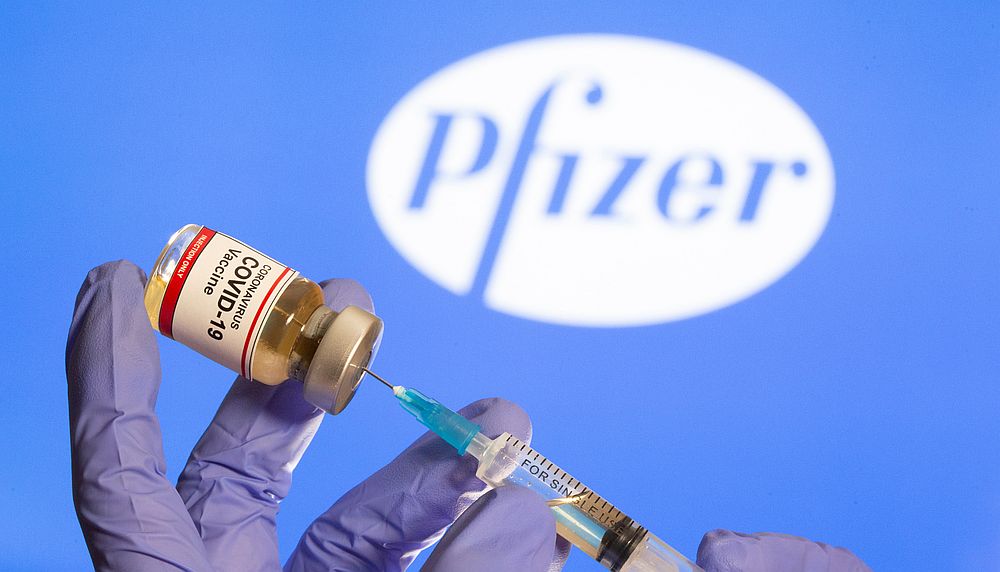KUALA LUMPUR, Dec 6 — The Ministry of Health (MoH) said today they are in the dark about the problems dogging Pfizer Inc’s raw material supply for its Covid-19 vaccine, as reported by news wire agency Reuters on December 4.
Malaysia has agreed to buy 12.8 million doses of the vaccine, making it the first country in South-east Asia to announce a deal with the US drugmaker.
The arrangement, if it goes through, will meet the immunisation needs of 6.4 million Malaysians.
Health director-general Tan Sri Dr Noor Hisham Abdullah said the drug would be subject to National Pharmaceutical Regulatory Agency evaluation and testing first but revealed that Pfizer has yet to provide the necessary documents.
“The MoH would like to inform you that to date the NPRA has not received any documents from Pfizer for registration evaluation and testing of Covid-19 vaccine,” he said in a statement.
“Hence we have no information about problems regarding the supply of the vaccine as reported.”
The MoH said it would continue to monitor the vaccine’s development and keep the public informed.
Challenges facing its supply chain for the raw materials used in its Covid-19 vaccine had played a role in Pfizer’s decision to cut its 2020 production target, Reuters reported on December 4 citing a spokesperson from the company.
In recent weeks the firm had said it expects to produce 50 million doses of the vaccine this year, down from an earlier target of 100 million doses.
Pfizer’s vaccine relies on a two-dose regimen, meaning 50 million doses is enough to inoculate 25 million people, according to Reuters.
The news was first reported by the Wall Street Journal, who cited an unnamed source said to be directly involved in the development of the Pfizer vaccine.
The source had reportedly said “some early batches of the raw materials failed to meet the standards,” causing production delays.
Noor Hisham had previously said that Malaysia’s preliminary purchasing agreement with pharmaceutical company Pfizer will be void if its Covid-19 vaccine fails to get US Food and Drug Administration (FDA) and the NPRA’s approval.
It is unclear if the reduction would affect Malaysia’s supply.



















